Antisemitism
Antisemitism is a unique and pervasive form of hate with a long, brutal history. Online trends have only amplified this.
Since ISD's founding in 2006, challenging antisemitism worldwide has been a key focus for our organisation. The late Lord George Weidenfeld, a co-founder of ISD, spent his life fighting antisemitism throughout his illustrious career. These efforts informed the basis of a broader struggle against hate and intolerance worldwide.
From policy to pluralism
Early efforts to address antisemitism began with the Club of Three, a policy-led dialogue between high level politicians, academics and activists to address issues regarding social cohesion and security cooperation, including antisemitism. These dialogues featured heads of state including Angela Merkel, Tony Blair and Shimon Peres.
In 2010, ISD seeded the Phoenix Initiative, an "inter-community initiative for a new centre ground" that brought together leading Muslim and Jewish leaders and thinkers to bridge gaps within their communities to tackle some of the harder and more divisive social issues in a way that would avoid resorting to reactionary narratives.
In 2018, ISD supported a number of civil society led initiatives in the UK through its £1m Google Innovation Fund, supported by Google.org. One of them, Muslims Against Antisemitism, built campaigns to reframe discussions of antisemitism within Muslim communities and tackle hate head on.
Cutting edge research
In 2020, ISD published a report, The Online Ecosystem of the German Far-Right, that documented the rising use of antisemitism in Germany, specifically showing that over half (56.9%) of mentions relating to Jewish people on the Kraut/pol/ threads on 4chan contained clearly antisemitic narratives. This research was based on the use of Method 52, a proprietary tool developed by ISD and the Centre for the Analysis of Social Media (CASM).
Later in 2020, ISD published a landmark study of Holocaust denial on Facebook and other social media platforms titled Hosting the ‘Holohoax’: A Snapshot of Holocaust Denial Across Social Media that received widespread coverage and helped evidence the civil society critical mass which saw Facebook change its policies on Holocaust denial on its platform.
Partnerships that make a difference
During the 2020 US election campaigns, ISD worked with a number of American Jewish organisations to identify and respond to antisemitic trends in online hate speech. Much of this research was featured in a collaboration with prominent US-based Jewish affairs publication The Forward titled Fahrenheit 411.
Commissioned by the European Commission, ISD published a report, The Rise of Antisemitism Online During the Pandemic: A Study of French and German Content, on the prevalence of antisemitism designed to help shape and evidence the EU’s upcoming strategy on countering antisemitism, which will be presented at the end of 2021. The study provides insight on the impact of the COVID-19 pandemic on online antisemitism in France and Germany, analysing the platforms where such content is found, as well as the most prominent antisemitic narratives – comparing key similarities and differences between these different language contexts.
ISD’s Jakob Guhl (Manager, Policy & Research) has contributed a chapter about antisemitism in Facebook pages supportive of the UK Labour party, “’Everyone I know isn’t antisemitic’ - Antisemitism in Facebook Pages of the UK Labour Party” to an upcoming, interdisciplinary volume, Antisemitism on Social Media, that addresses online antisemitism (to be published by Routledge in March 2022). The volume will centre around the role of social media in the dissemination of antisemitism, and its impact on society at large, showing how social media is weaponised by antisemitic actors across the ideological spectrum.
In partnership with B’nai B’rith International and the United Nations Educational, Scientific and Cultural Organization (UNESCO), ISD created a hands-on guide for both Jewish and non-Jewish civil society organisations across Europe (with a special focus on Germany) to counter antisemitism online. The project, titled “Stop Antisemitism Now – a guide to tackling Antisemitism online”, began in September 2021 and ran through February 2022. It was supported by the German Federal Ministry of the Interior, Building and Community.
The Coalition to Counter Online Antisemitism (CCOA), an independent pilot project funded by google.org through 2025, aims to bring together a broad range of stakeholders working on antisemitism— e.g. CSOs, cities, businesses, practitioners and citizen initiatives to create a new set of partnerships to counter online antisemitism at scale. Working to amplify existing best practice, the coalition will build bridges between research, educational measures and policy changes. During the pilot phase, the project primarily focuses on five countries: Germany, France, Italy, Poland and Sweden.
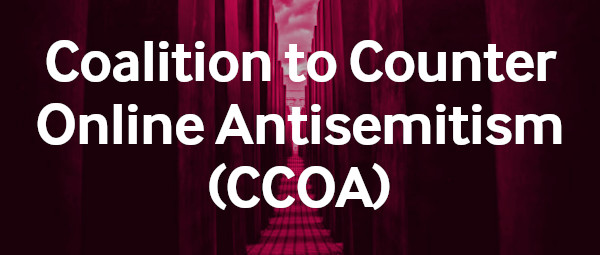

The late Lord George Weidenfeld
Founder, Club of Three. Cambridge, UK, 2009

Campaign image from ISD/Google Innovation Fund recipient Muslims Against Antisemitism
London, UK, 2018
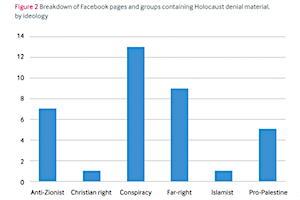
Breakdown of Facebook groups and pages
containing Holocaust denial material by ideology
from ISD's Hosting the Holohoax report
ISD's Polarisation and Hate Speech team
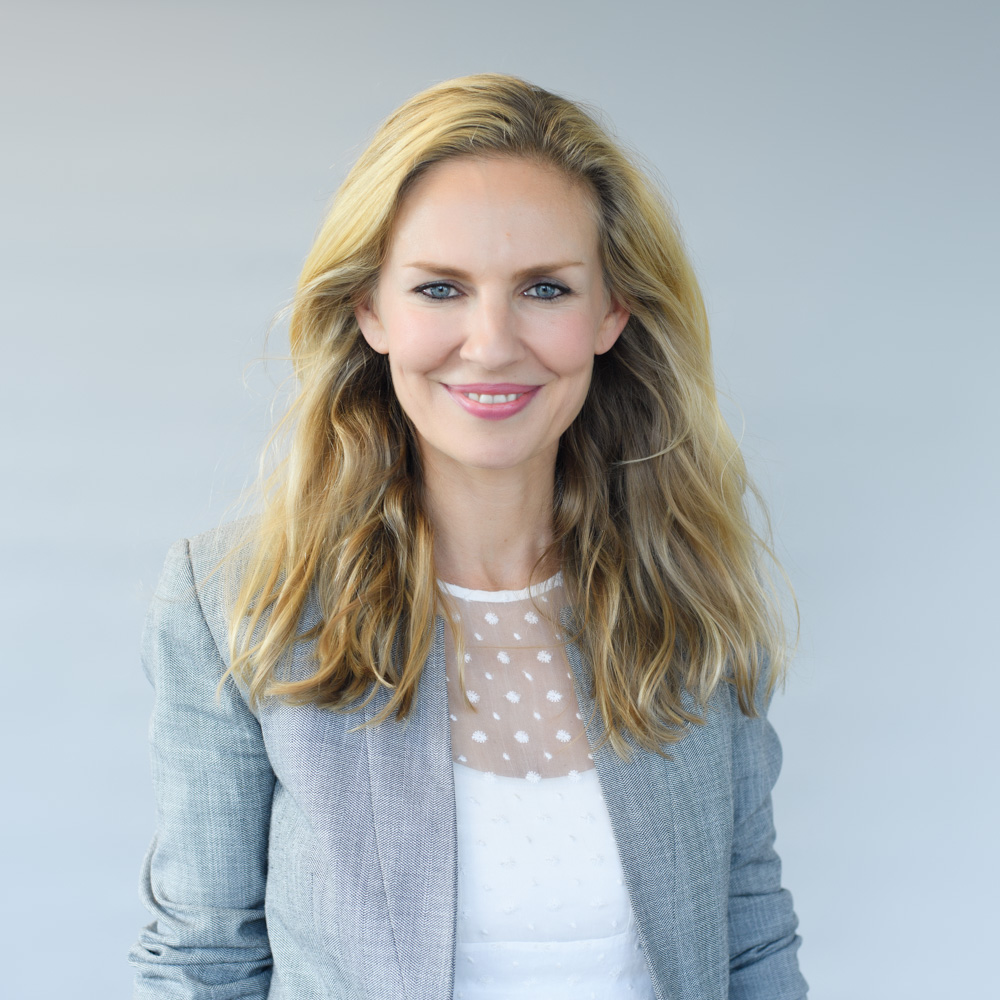
Sasha Havlicek
Co-Founder and CEO



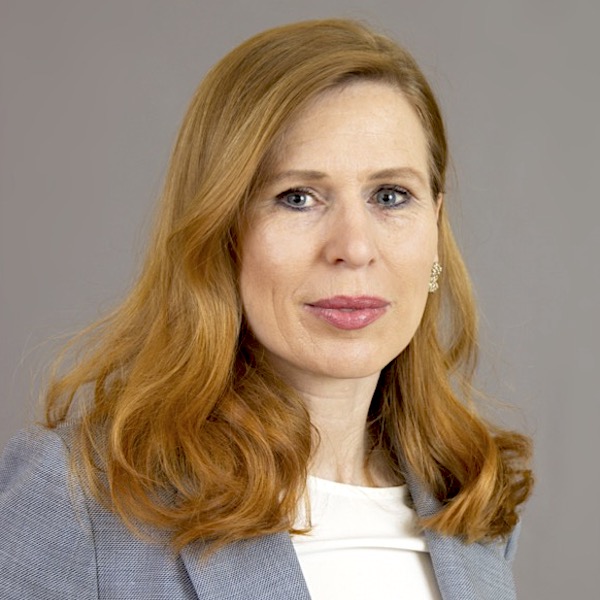


Huberta von Voss
Executive Director, ISD Germany






Rashad Ali
Senior Fellow



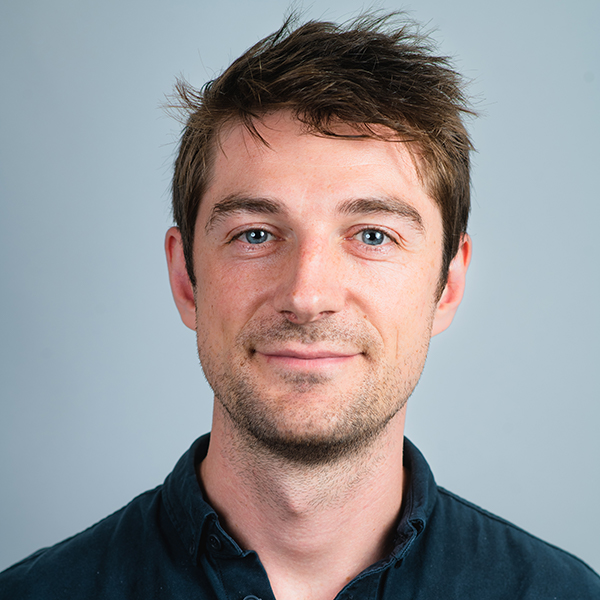


Milo Comerford
Director of Policy & Research, Counter-Extremism



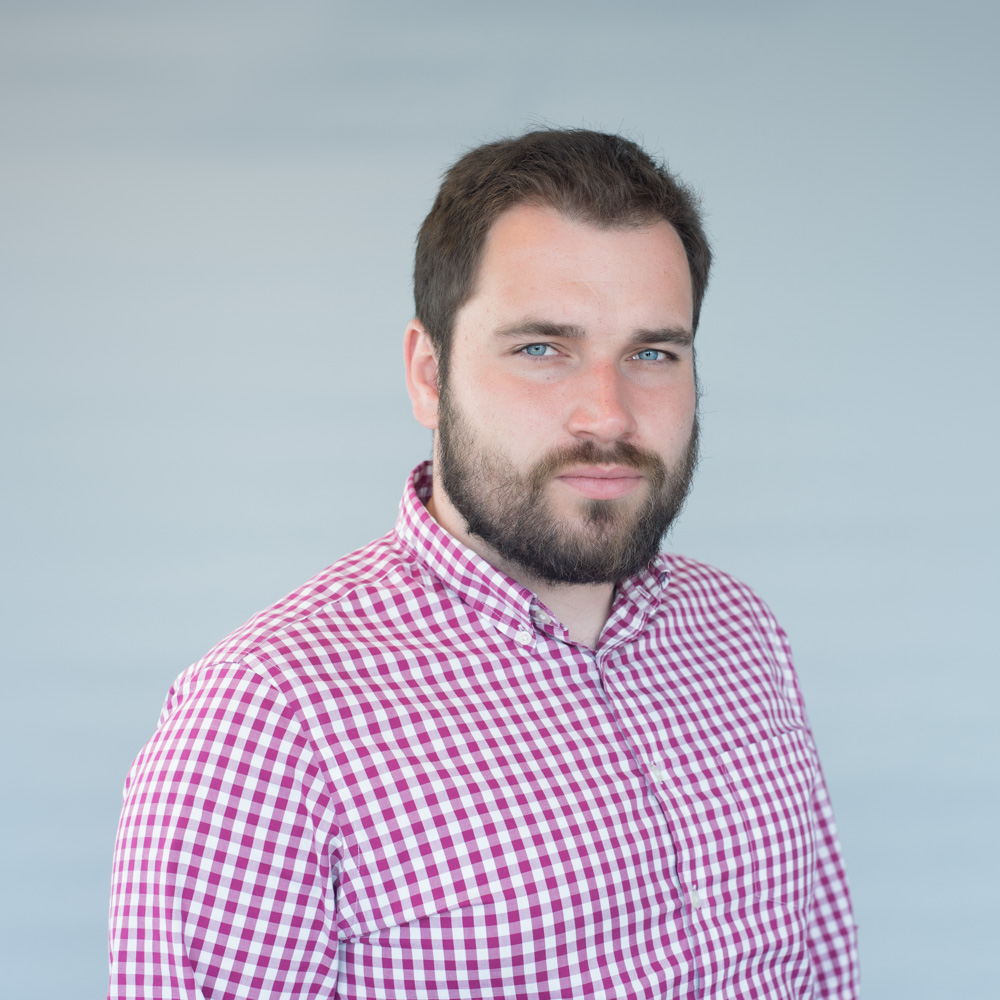


Jacob Davey
Director of Policy & Research, Counter-Hate



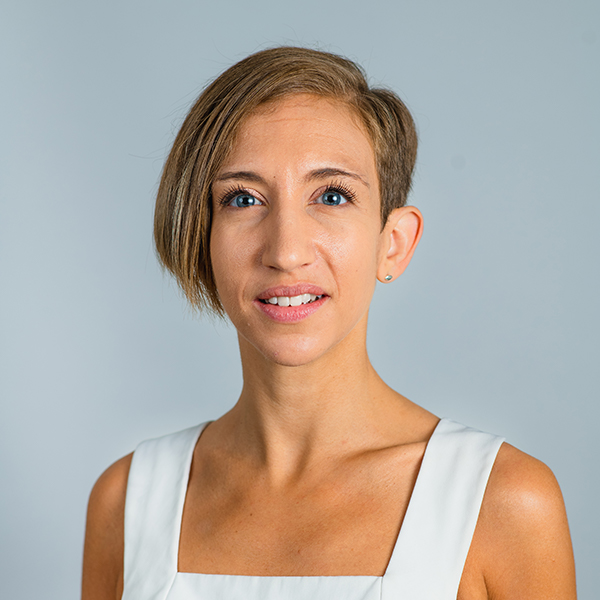


Jennie King
Director of Climate Research and Policy



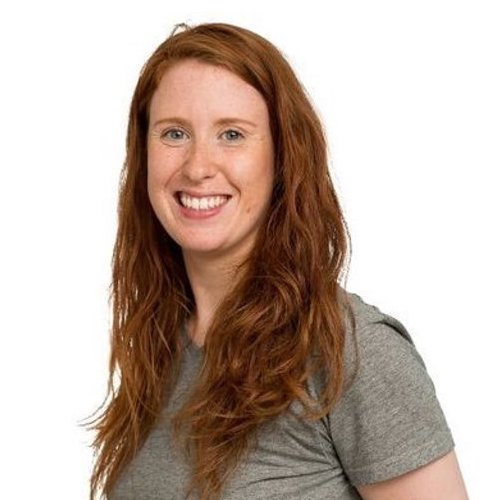


Aoife Gallagher
Senior Analyst



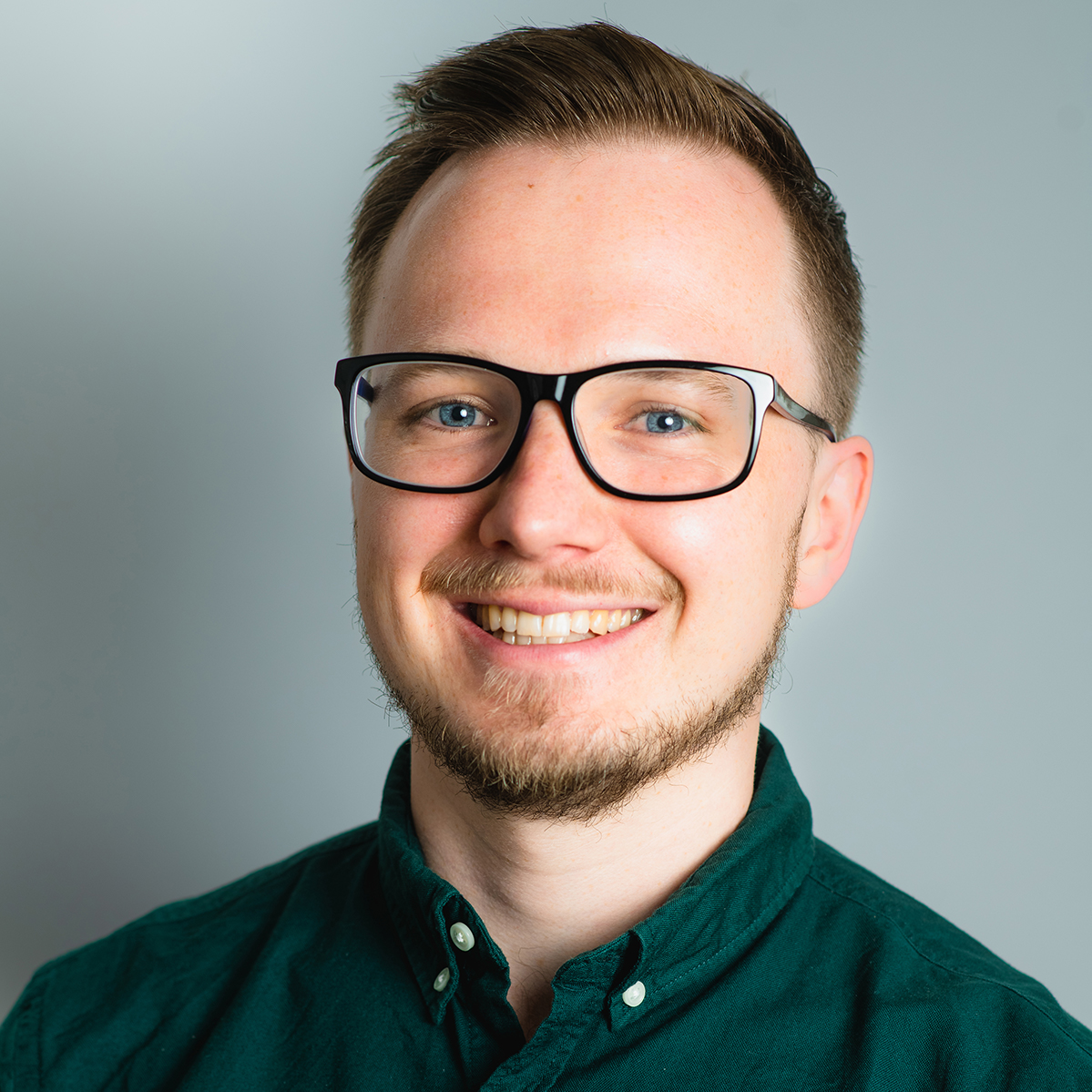


Jakob Guhl
Senior Manager, Policy & Research



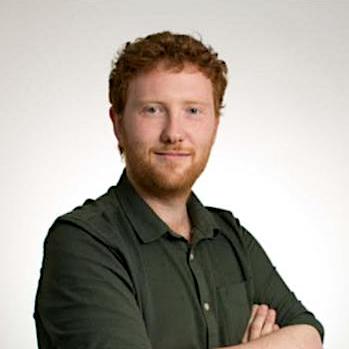


Ciarán O’Connor
Senior Analyst






Julia Ebner
Senior Resident Research Fellow



